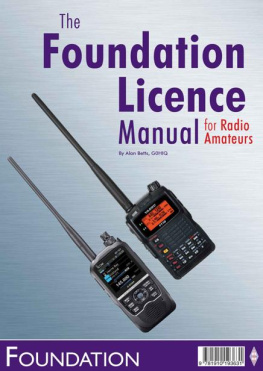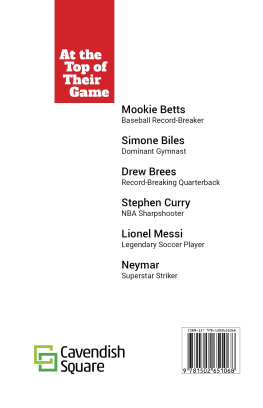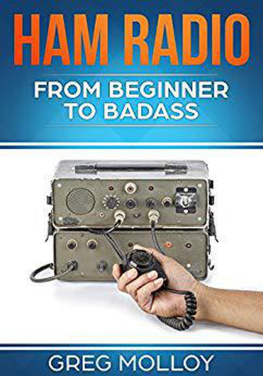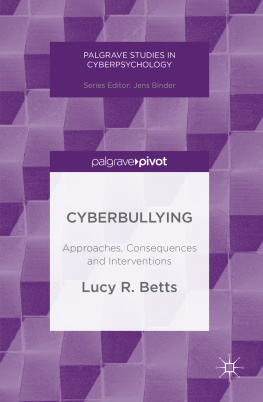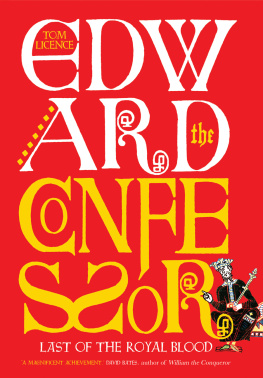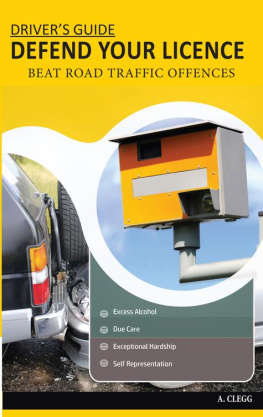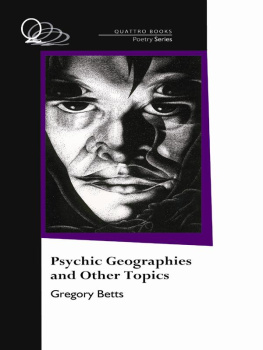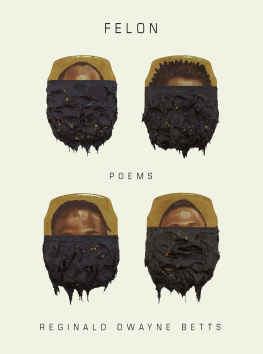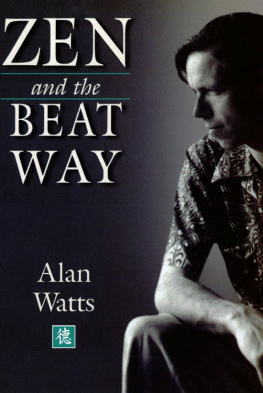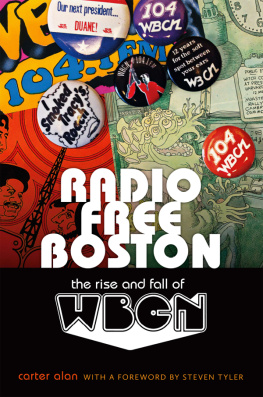Alan Betts - Foundation Licence Manual: for Radio Amateurs
Here you can read online Alan Betts - Foundation Licence Manual: for Radio Amateurs full text of the book (entire story) in english for free. Download pdf and epub, get meaning, cover and reviews about this ebook. year: 2019, publisher: Radio Society of Great Britain, genre: Children. Description of the work, (preface) as well as reviews are available. Best literature library LitArk.com created for fans of good reading and offers a wide selection of genres:
Romance novel
Science fiction
Adventure
Detective
Science
History
Home and family
Prose
Art
Politics
Computer
Non-fiction
Religion
Business
Children
Humor
Choose a favorite category and find really read worthwhile books. Enjoy immersion in the world of imagination, feel the emotions of the characters or learn something new for yourself, make an fascinating discovery.
- Book:Foundation Licence Manual: for Radio Amateurs
- Author:
- Publisher:Radio Society of Great Britain
- Genre:
- Year:2019
- Rating:5 / 5
- Favourites:Add to favourites
- Your mark:
- 100
- 1
- 2
- 3
- 4
- 5
Foundation Licence Manual: for Radio Amateurs: summary, description and annotation
We offer to read an annotation, description, summary or preface (depends on what the author of the book "Foundation Licence Manual: for Radio Amateurs" wrote himself). If you haven't found the necessary information about the book — write in the comments, we will try to find it.
Alan Betts: author's other books
Who wrote Foundation Licence Manual: for Radio Amateurs? Find out the surname, the name of the author of the book and a list of all author's works by series.
Foundation Licence Manual: for Radio Amateurs — read online for free the complete book (whole text) full work
Below is the text of the book, divided by pages. System saving the place of the last page read, allows you to conveniently read the book "Foundation Licence Manual: for Radio Amateurs" online for free, without having to search again every time where you left off. Put a bookmark, and you can go to the page where you finished reading at any time.
Font size:
Interval:
Bookmark:
Publisher information
Published by
Radio Society of Great Britain of 3 Abbey Court, Priory Business Park, Bedford MK44 3WH, United Kingdom
www.rsgb.org
Radio Society of Great Britain, 2019. All rights reserved. No part of this publication may be reproduced, stored in a retrieval system, or transmitted, in any form or by any means, electronic, mechanical, photocopying, recording or otherwise, without the prior written permission of the Radio Society of Great Britain.
Cover design: Kevin Williams, M6CYB
Typography and design: Mark Pressland
Sub Editing: Lee Aldridge, G4EJB
Production: Mark Allgar, M1MPA
The opinions expressed in this book are those of the author and are not necessarily those of the Radio Society of Great Britain. Whilst the information presented is believed to be correct, the publishers and their agents cannot accept responsibility for consequences arising from any inaccuracies or omissions.
Any amendments or updates to this book can be found at: www.rsgb.org/booksextra
Contents
Preface
T his book is the first in the series of three books covering the syllabus of the Amateur Radio examinations leading to an Amateur Radio Licence issued by Ofcom the UK regulator of the radio spectrum.
A complete review of the syllabus for all three levels of amateur licence; Foundation, Intermediate and Full took place in 2019. This book covers the updated version 1.4 of the Foundation syllabus. It follows on from the Foundation Licence Now! book aimed at examinations prior to September 2019.
The new syllabus, and this book, introduces digital techniques and Software Defined Radio (SDR) for the first time in what is a rapidly changing environment. The opportunity has also been taken to bring the material up to date with current technology and add a few words on the practical exercises which are part of the overall assessment towards obtaining your Amateur licence.
I must thank Dr Roger Bleaney, M0RBK for advice on the text and also Lee Aldridge, G4EJB for sub-editing to ensure the descriptions are as clear and correct as they can be. I am also grateful to Steve Hartley G0FUW' for advice on this revision of the book.
Welcome to Amateur Radio. Im sure you will find it is both a hobby and learning experience that is far wider than you might have anticipated.
Alan Betts, G0HIQ
Introduction
The foundation Licence is intended to attract new people of all ages into amateur radio and to take them through the necessary steps to get their first or Foundation licence.
So, welcome to amateur radio.
What is amateur radio?
Its a hobby, a technical hobby with a very large number of different activities within it. It might mean talking to your friends by radio - a bit like a mobile phone without the phone bill. It might mean talking to people half way round the world, with friends, or with someone who replied to your request for an on air contact.
As you progress through the different levels of licence; from Foundation to Intermediate and eventually a Full Licence you will learn that you,
can link your radio to a computer and send text, data or pictures, very much like the Internet, but where you can have a lot more control over what happens and how your call is routed. You could learn how that control and routing is done, a skill that will be valuable if your career interests include the Internet or computer networking.
may learn Morse code, which will make long distance contacts easier under poor propagation conditions. Morse transmitters and receivers are easy to make, so you could, at the appropriate stage of your learning use a transmitter/receiver that you built yourself. Perhaps your next construction project will be an HF transmitter capable of sending voice, not just Morse signals.
Amateurs can also send television pictures, either normal television or slow scan television where it takes a few seconds to send one picture (rather like a fax machine), but sending or receiving world-wide.
Over 100 amateur satellites have been launched, usually piggy-backed on a commercial satellite launch or even deployed by hand from the Space Shuttle.
Amateurs are still at the forefront of new radio developments. They do not have the money available to commercial organisations, but they do have the time and the ingenuity. A new mode of transmission, PSK31, was developed by amateurs. More recently FT8 has been developed allowing signals to be received even when they are well below the natural radio noise and interference of distant transmissions. Both these modes use a computer with a sound card to send and receive text by radio.
Local radio clubs give talks on these developments, help and encourage new amateurs, train them to pass the higher category licence exams and provide social and operating on-air evenings where new ideas can be tried out or just provide facilities that newcomers have not yet acquired.
Operating in the field means using your radio away from your regular radio shack, out of doors, and possibly an activity included in a camping expedition. This activity is also shared with Scout and Guide groups, and other youth groups such as the Air Cadets.
A more serious side of the hobby is using amateur radio to assist health and welfare communications for organisations like the Red Cross at marathons or cross country runs. Amateurs may help in emergencies, particularly outside the major cities, where flooding and heavy snow can cause disruption to transport and communications. Flooding can affect our telephone and mobile phone networks; telephone exchanges and mobile phone sites can lose power if battery charging is lost. Amateurs have their own equipment, ready charged batteries and the technical skill to set up communications in unusual or adverse conditions. They can provide communications when the normal methods have failed.
Why is there a training course?
Although a formal course is not compulsory it is highly recommended. All radio users, professional or amateur, require some form of training, even if it only extends to the protocols that allow messages to be passed quickly and accurately. This skill gives a better impression to casual listeners, but the real reason for a training course is that licensed amateurs are the only radio users permitted to build their own transmitting equipment. All other users must purchase ready-made and approved devices limiting them to certain facilities or frequencies.
Clearly the freedom that radio amateurs enjoy comes with a responsibility and the need for some technical capability, to ensure that home-made equipment operates only within amateur bands and without causing interference to other radio users.
Foundation licensees are permitted to use commercially manufactured transmitters and kits constructed in accordance with the supplied instructions. Intermediate and Full licensees also have the privilege of building equipment to their own designs, from magazine articles, or modifying second hand commercial equipment. Ex-commercial equipment is often sold at radio rallies for a small fraction of its original cost, and represents a very cheap way of getting on the air.
Foundation licensees do not have complete freedom for the simple reason that they have not demonstrated competence in building or modifying equipment to operate correctly on the amateur bands.
That extra freedom, as well as the extra transmit power, is an incentive for the Foundation licensee to upgrade his or her licence. Intermediate licensees may transmit at up to 50 W of power and use additional frequencies. They can also send TV pictures. Full licensees may transmit up to 400 W, have additional microwave bands, and may, in certain circumstances, apply for special permission to run even higher powers. Their licenses are also recognised in many other countries, European and worldwide which means that operation at sea is also permitted.
Next pageFont size:
Interval:
Bookmark:
Similar books «Foundation Licence Manual: for Radio Amateurs»
Look at similar books to Foundation Licence Manual: for Radio Amateurs. We have selected literature similar in name and meaning in the hope of providing readers with more options to find new, interesting, not yet read works.
Discussion, reviews of the book Foundation Licence Manual: for Radio Amateurs and just readers' own opinions. Leave your comments, write what you think about the work, its meaning or the main characters. Specify what exactly you liked and what you didn't like, and why you think so.

